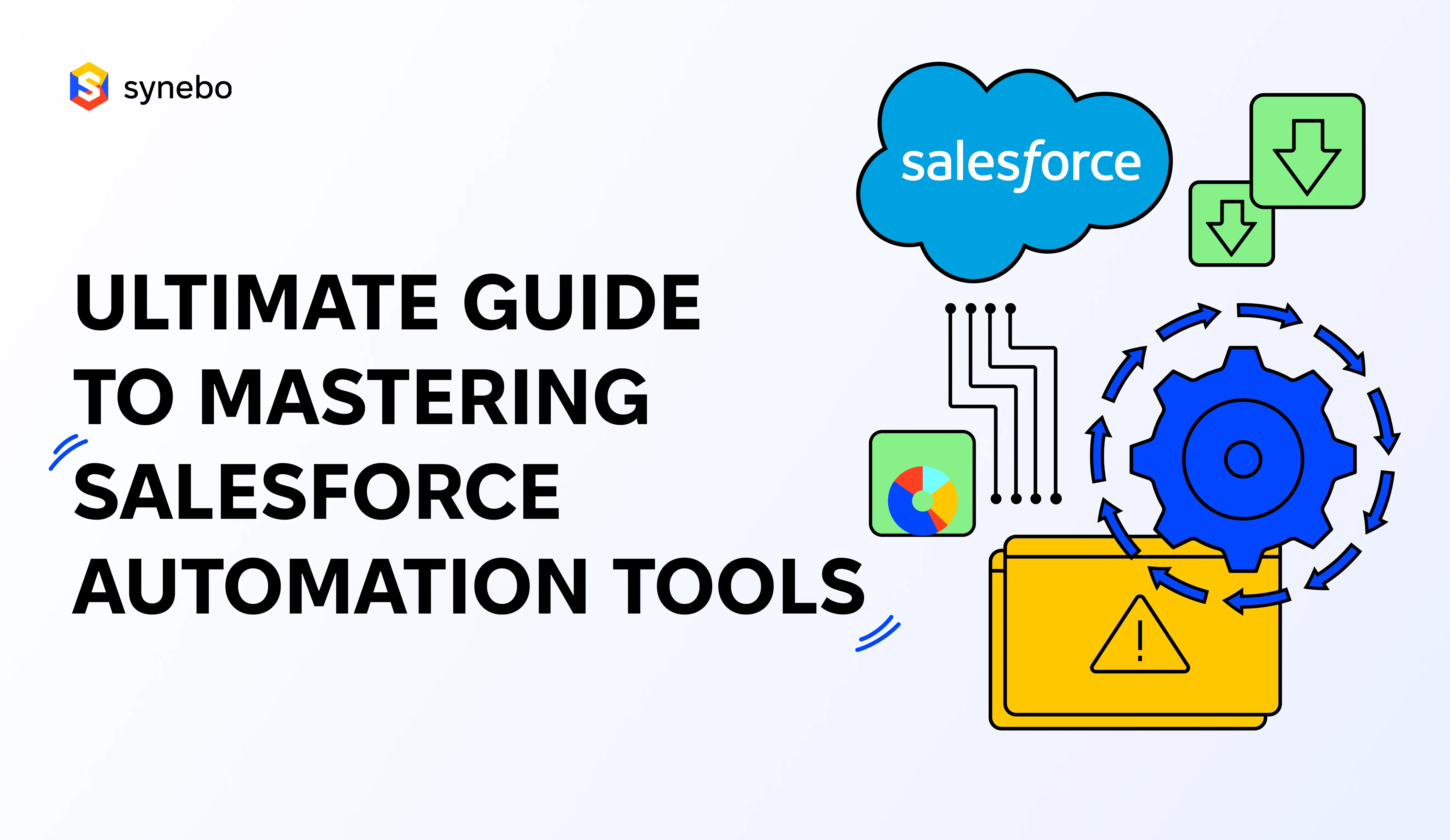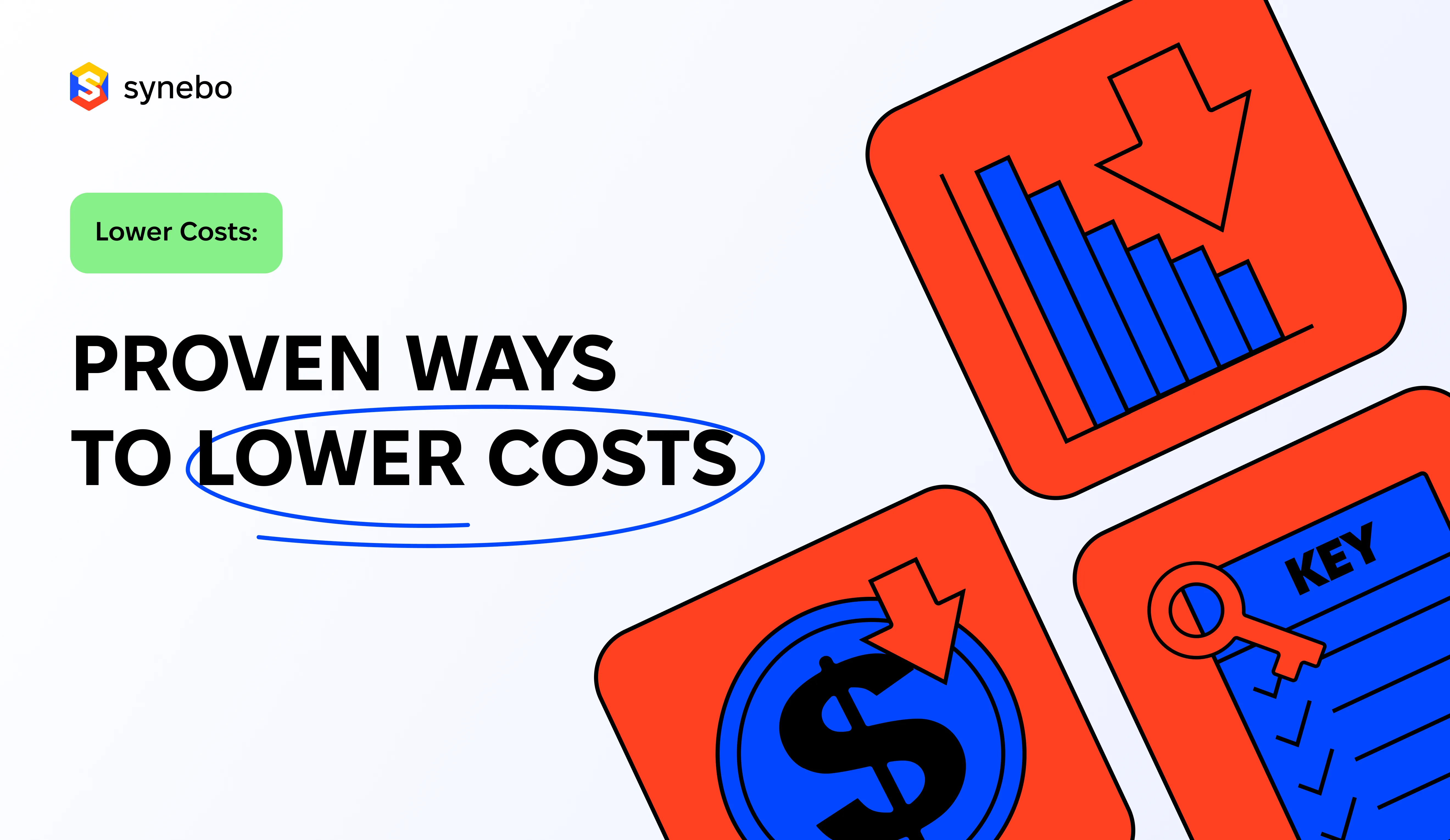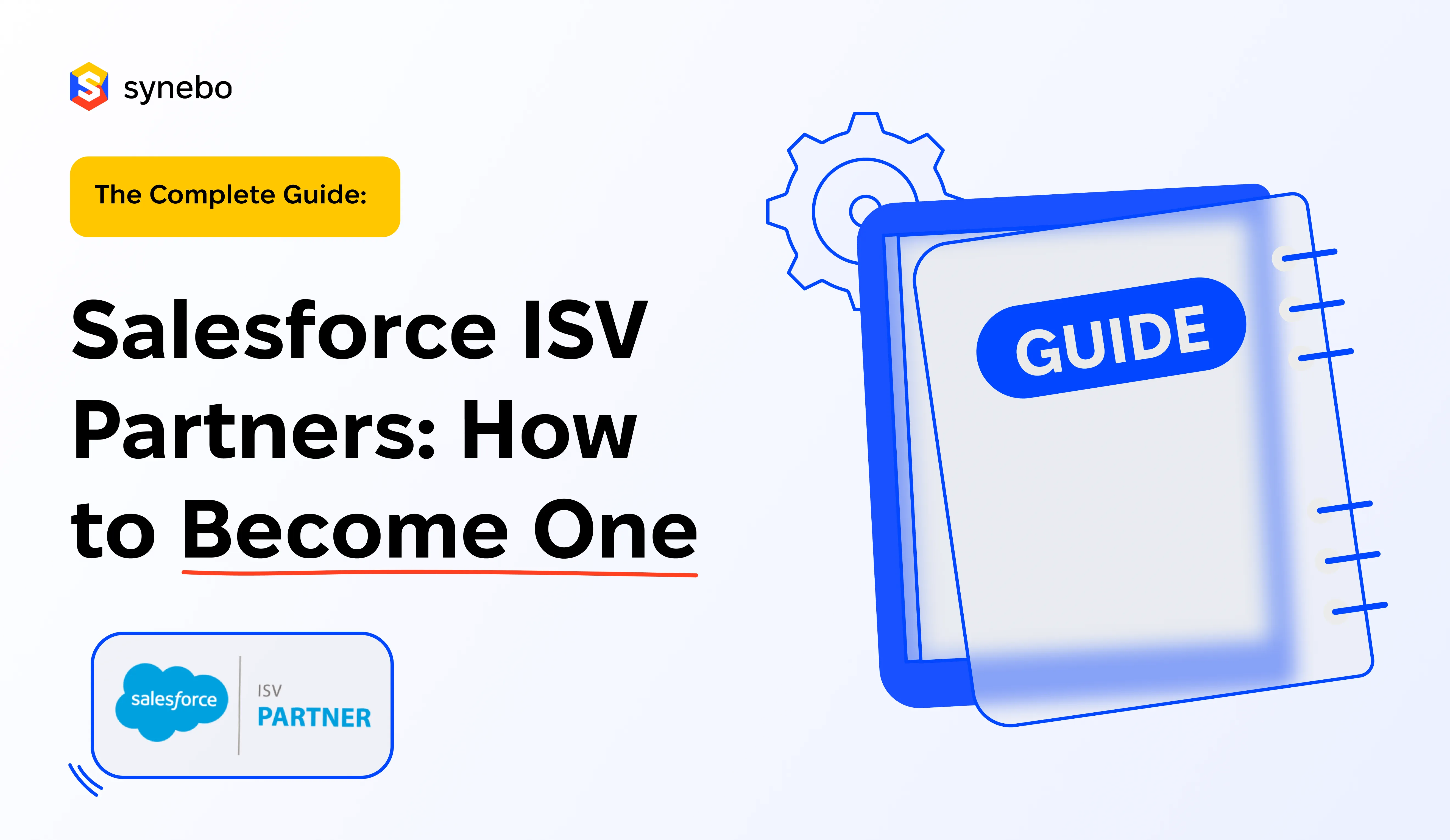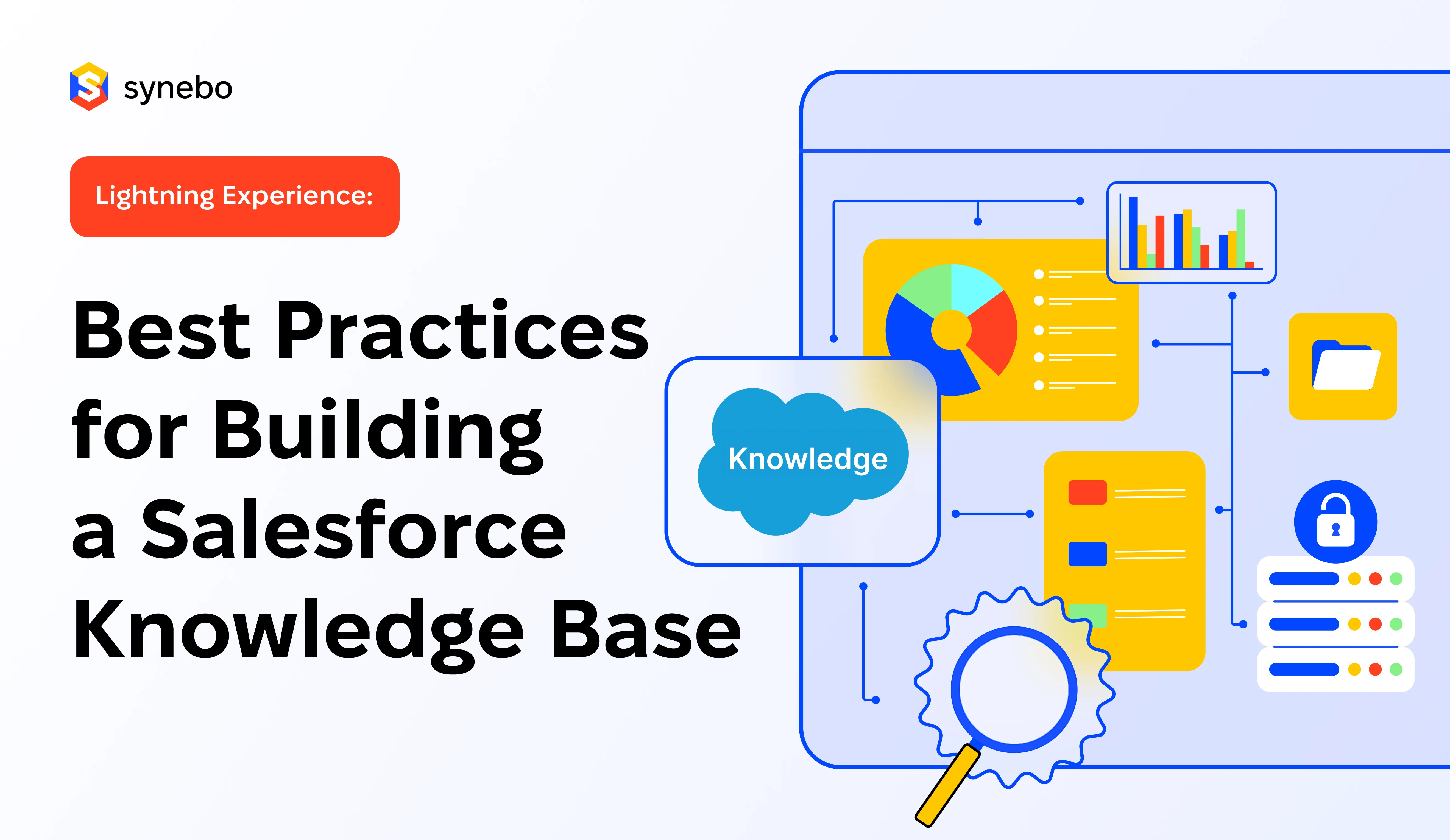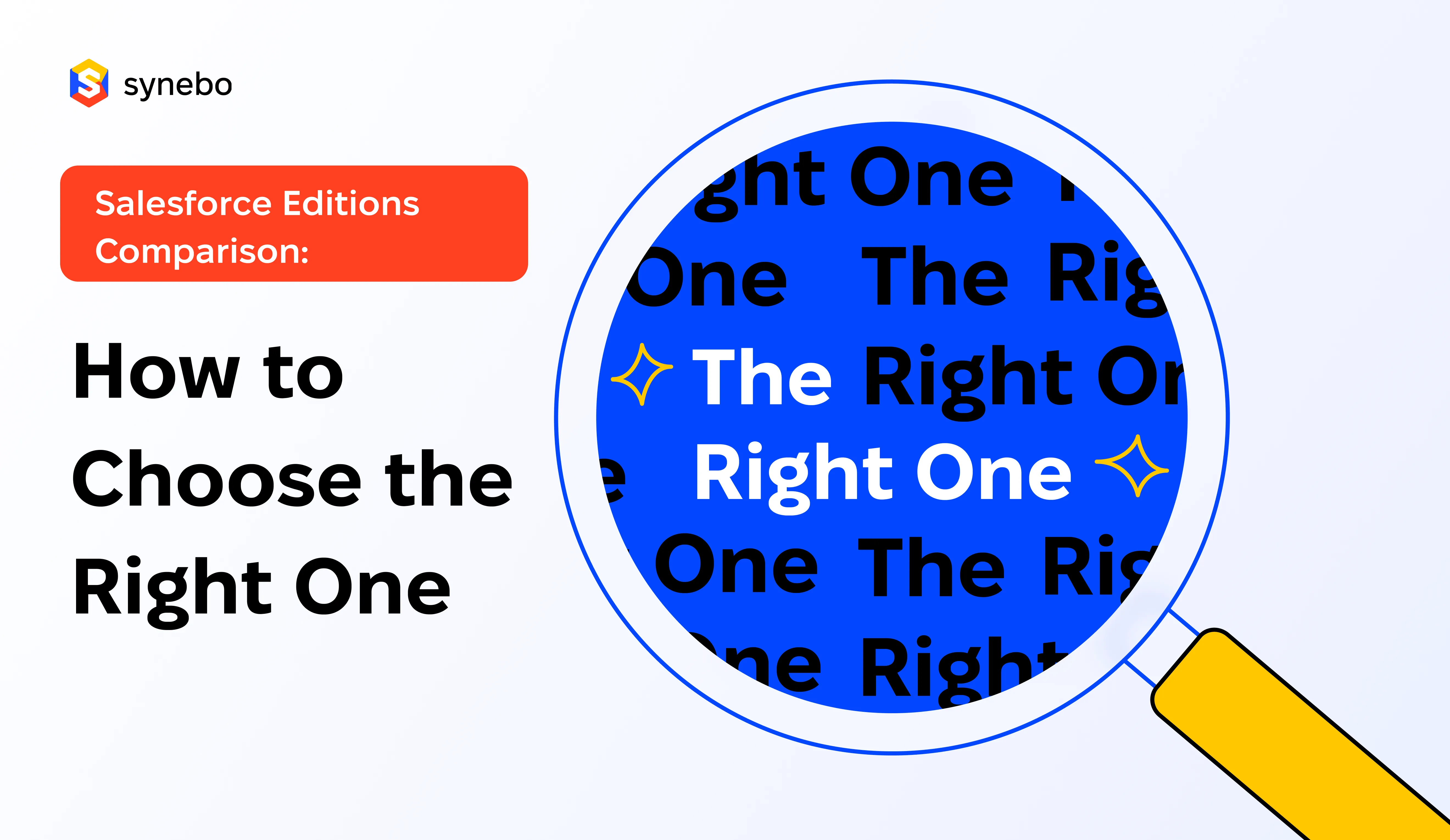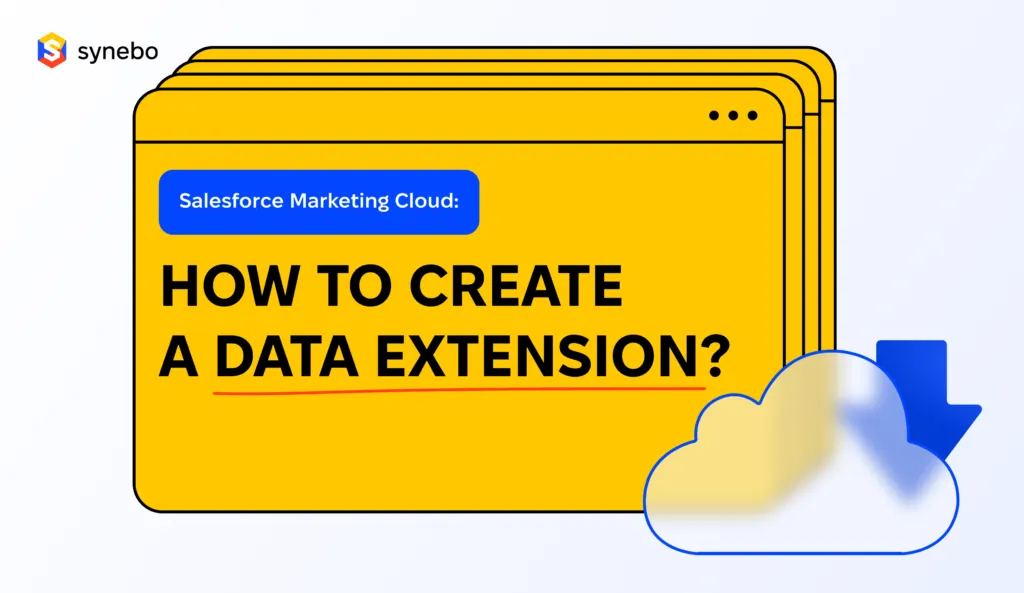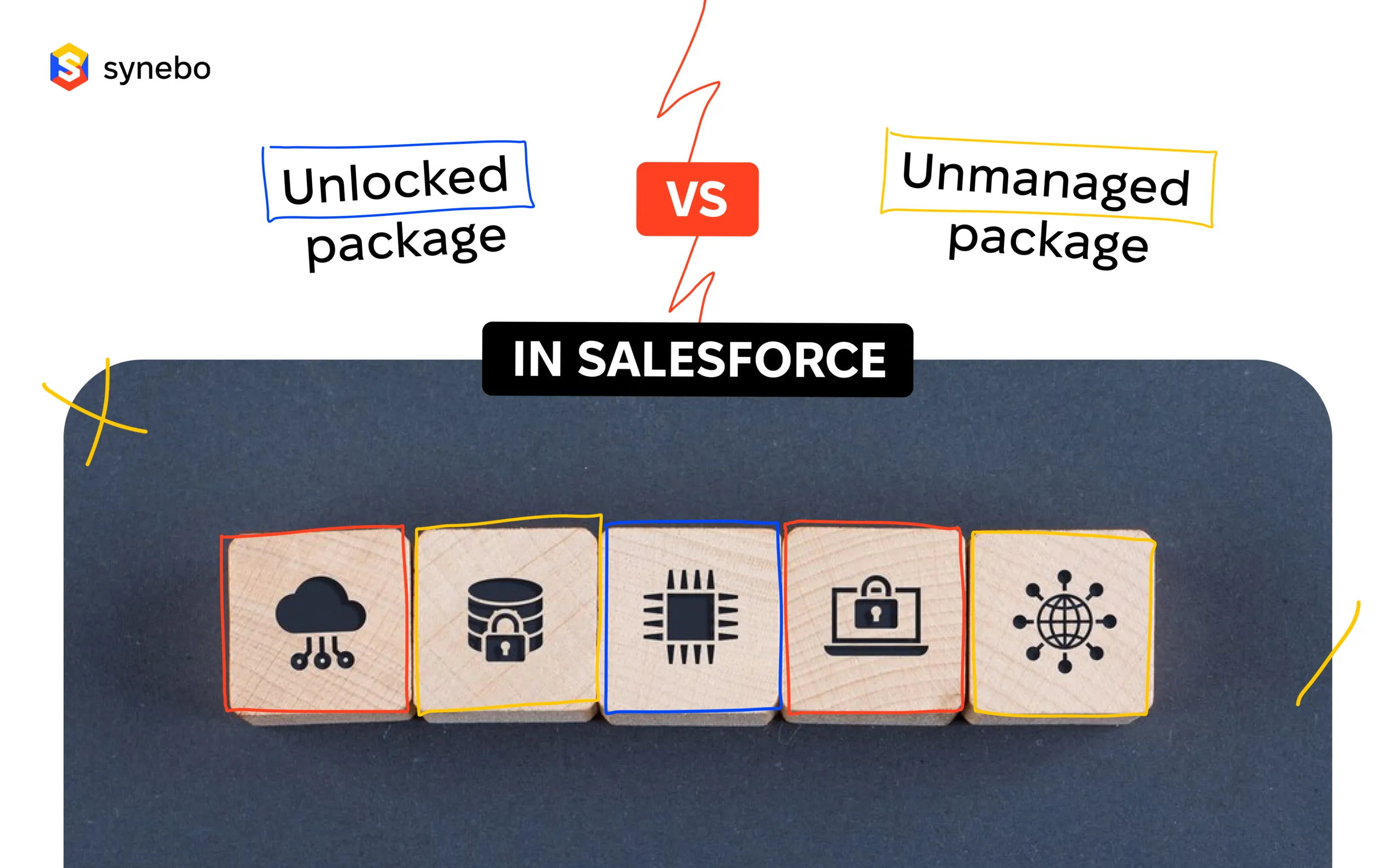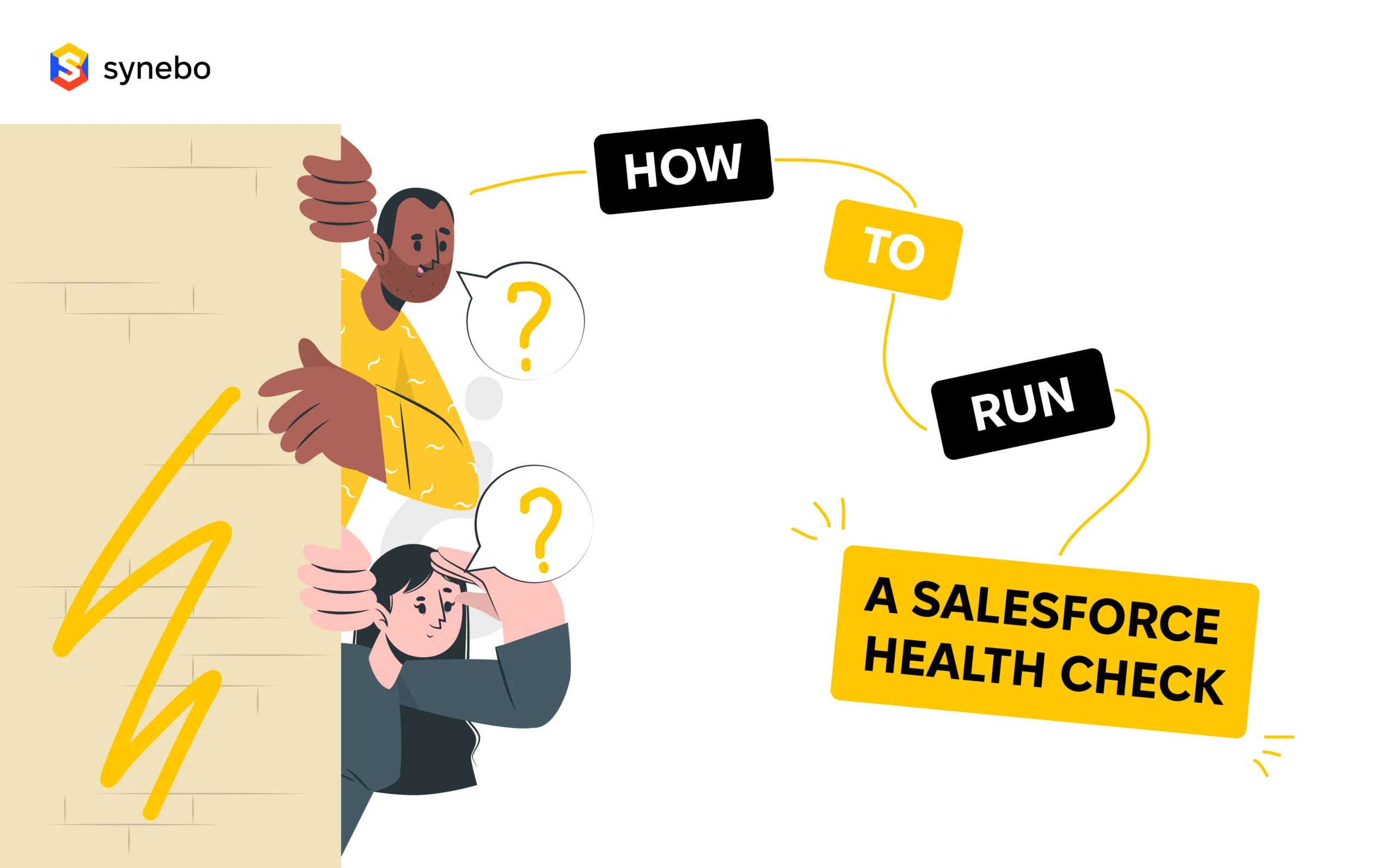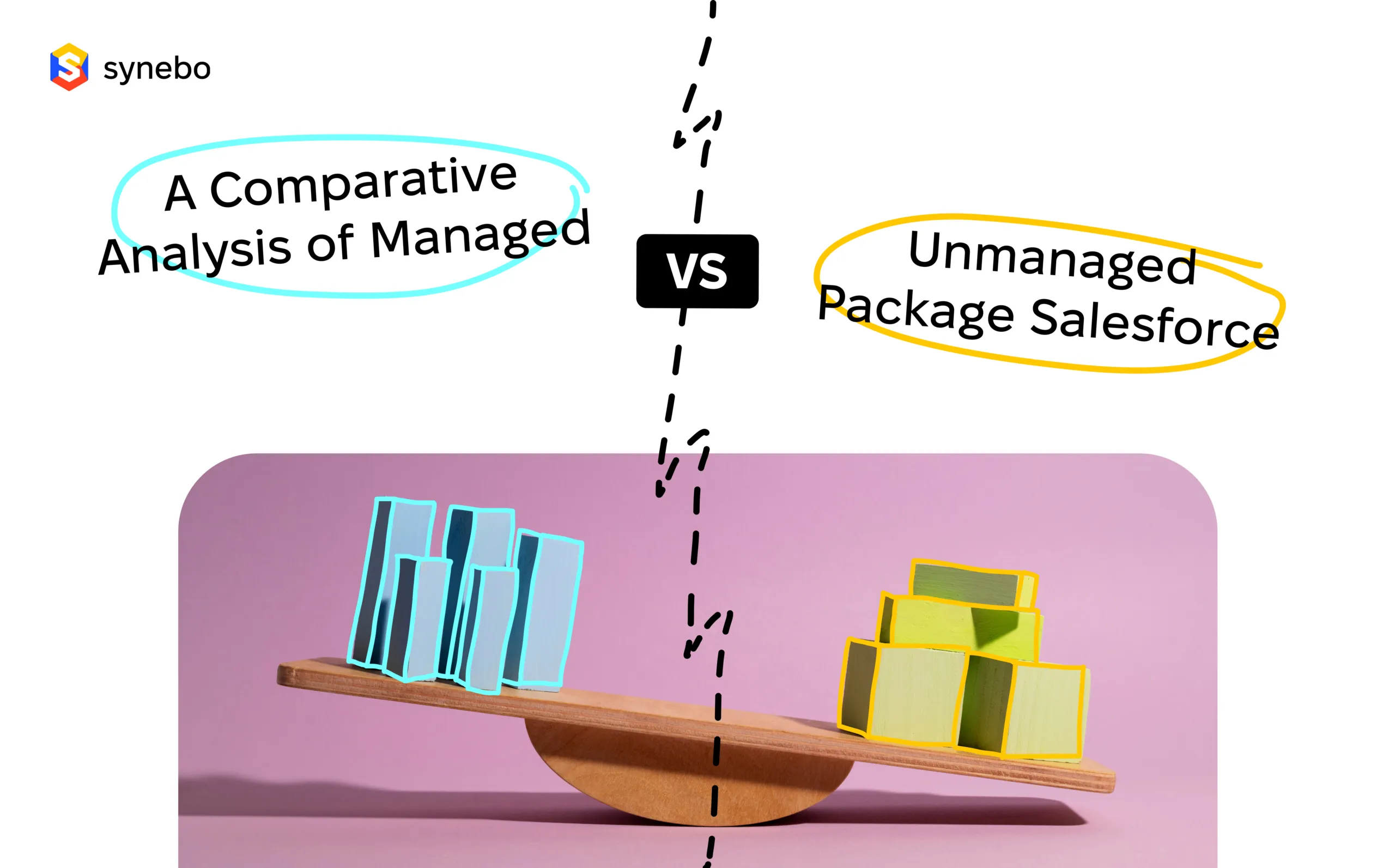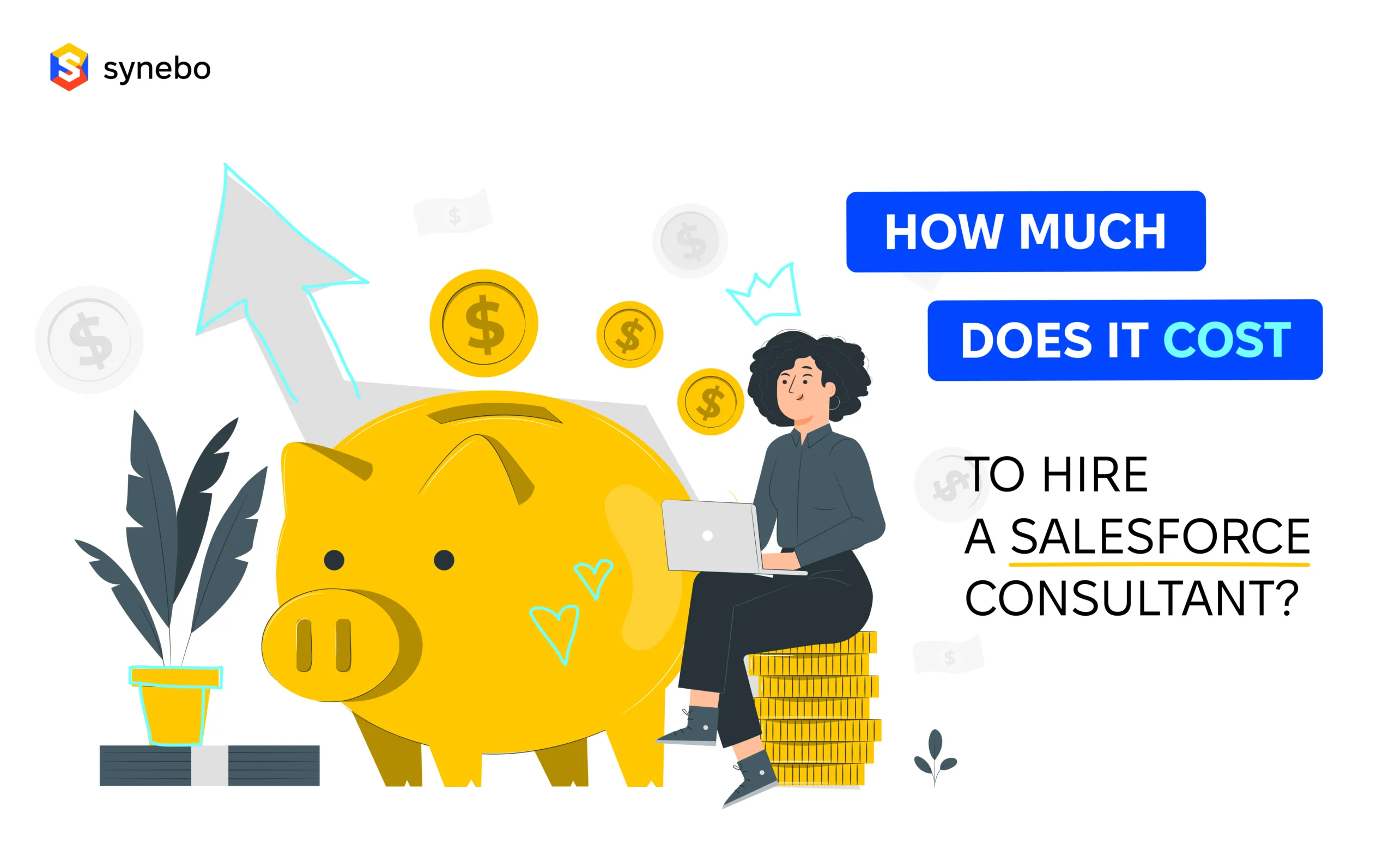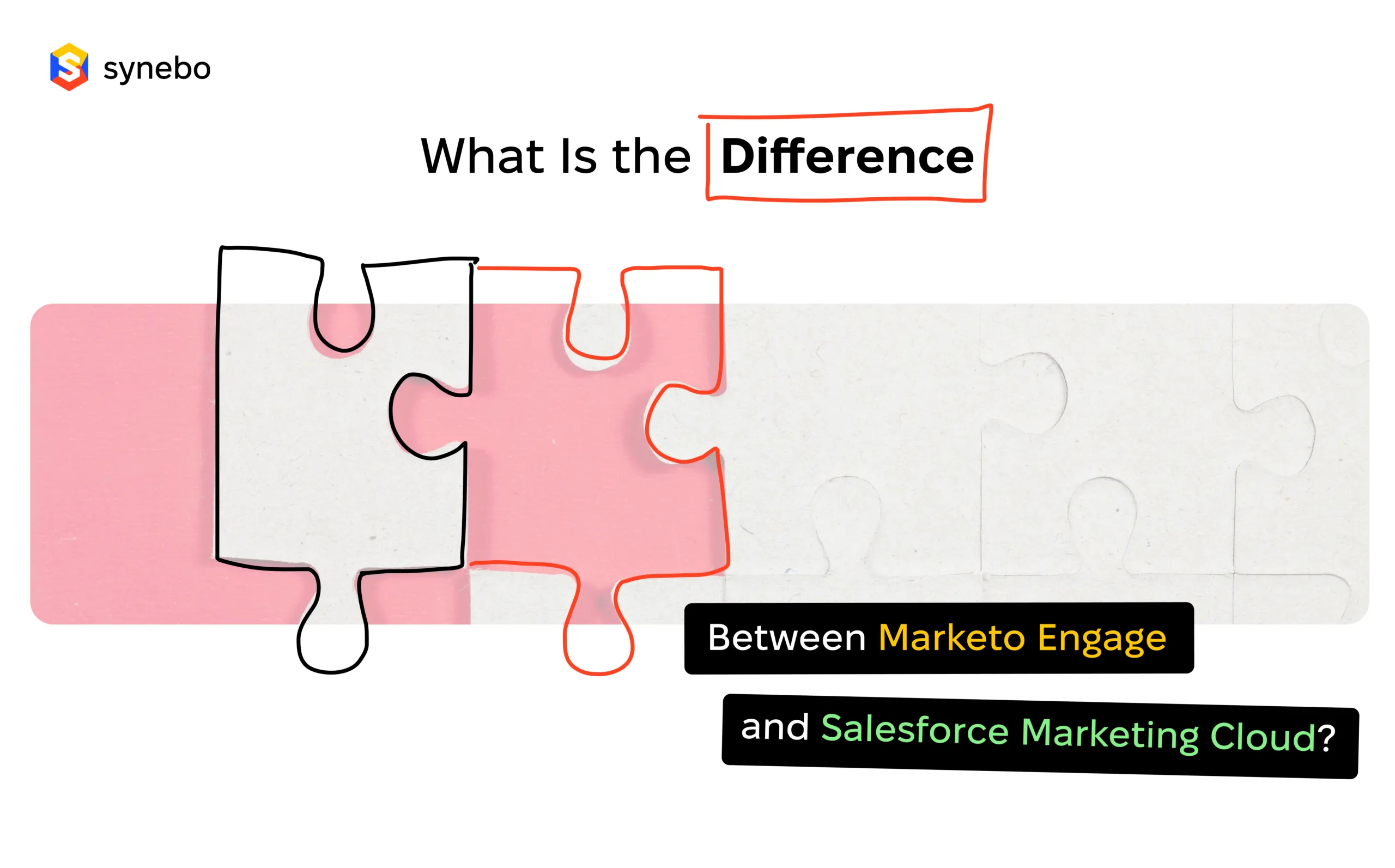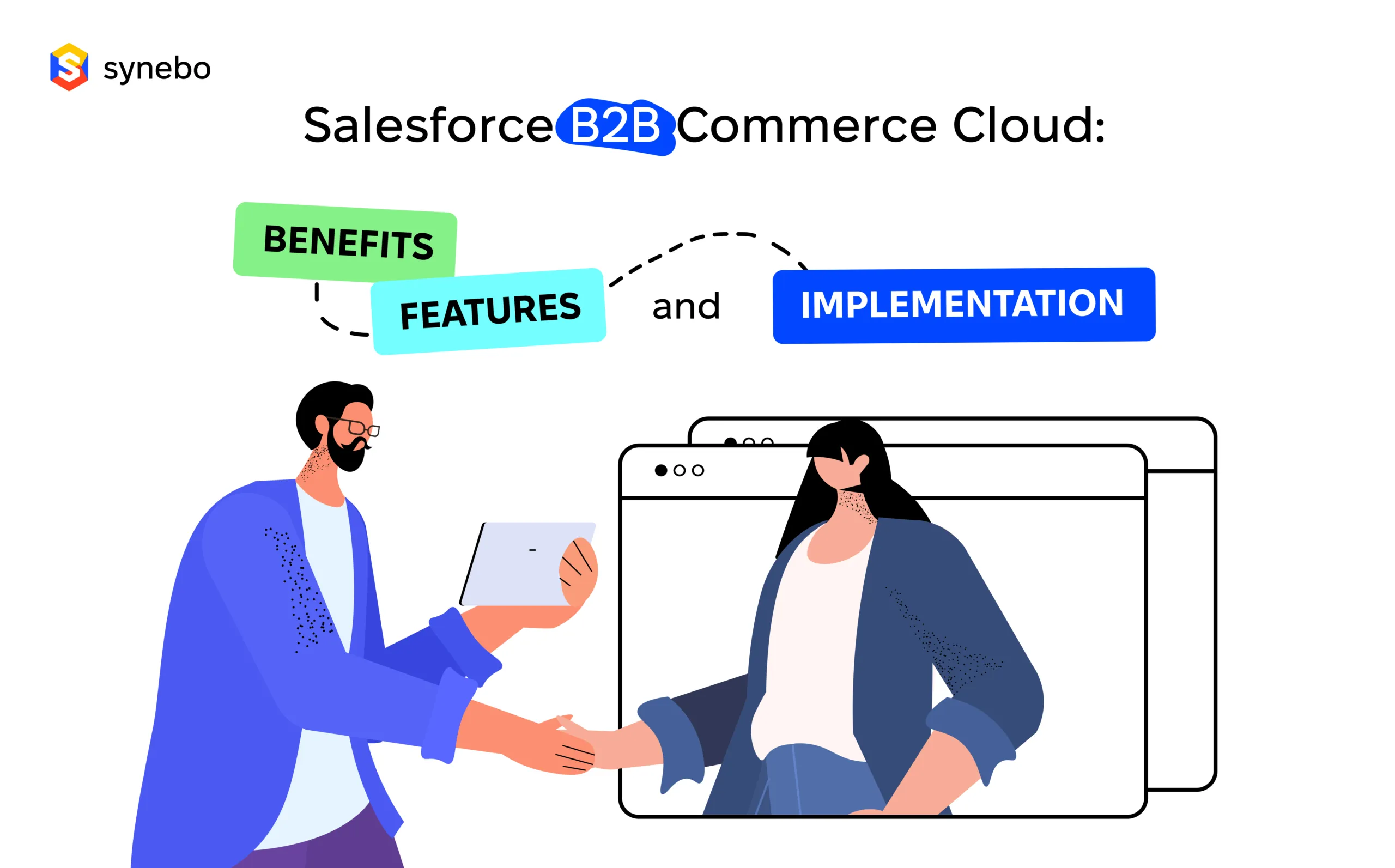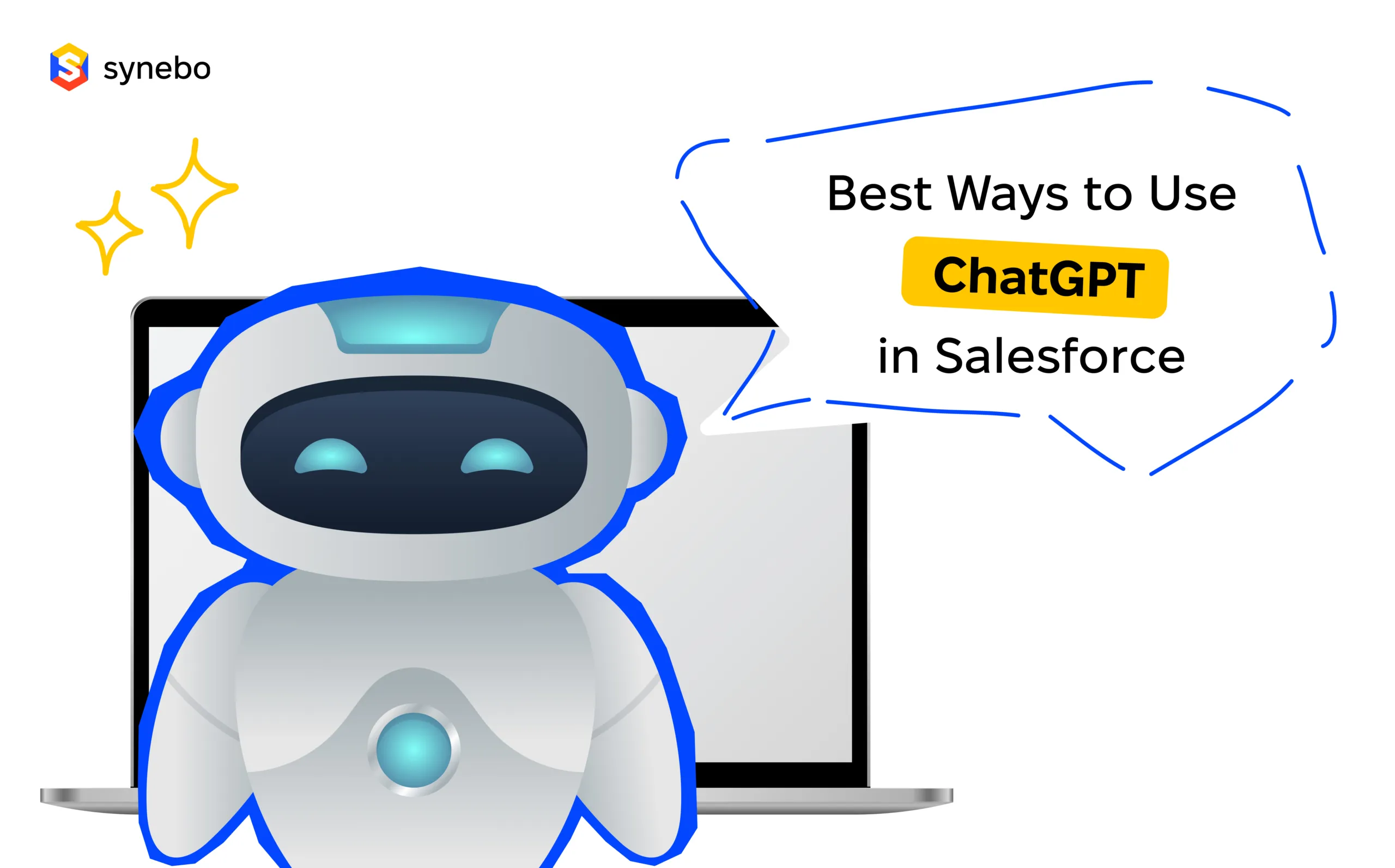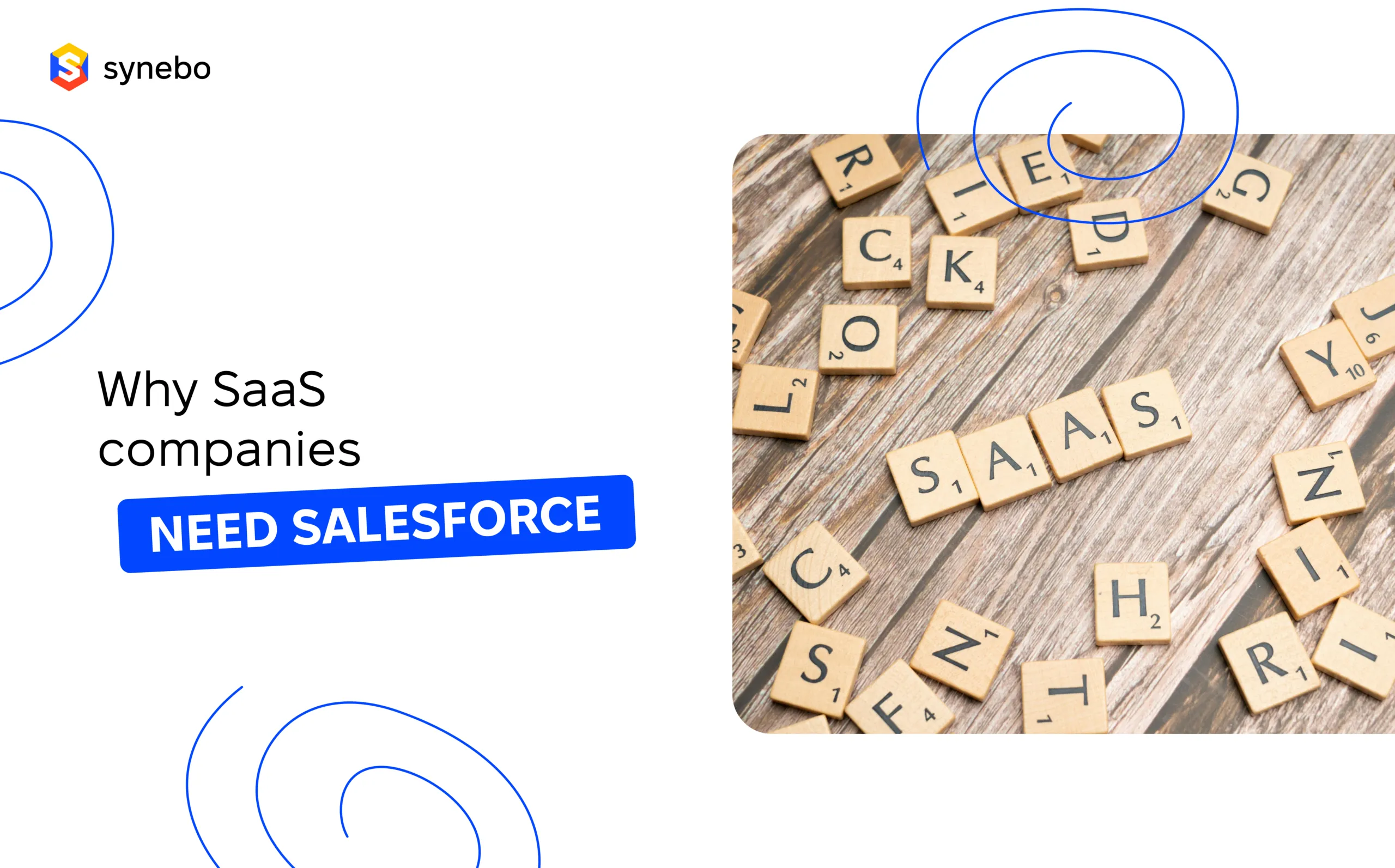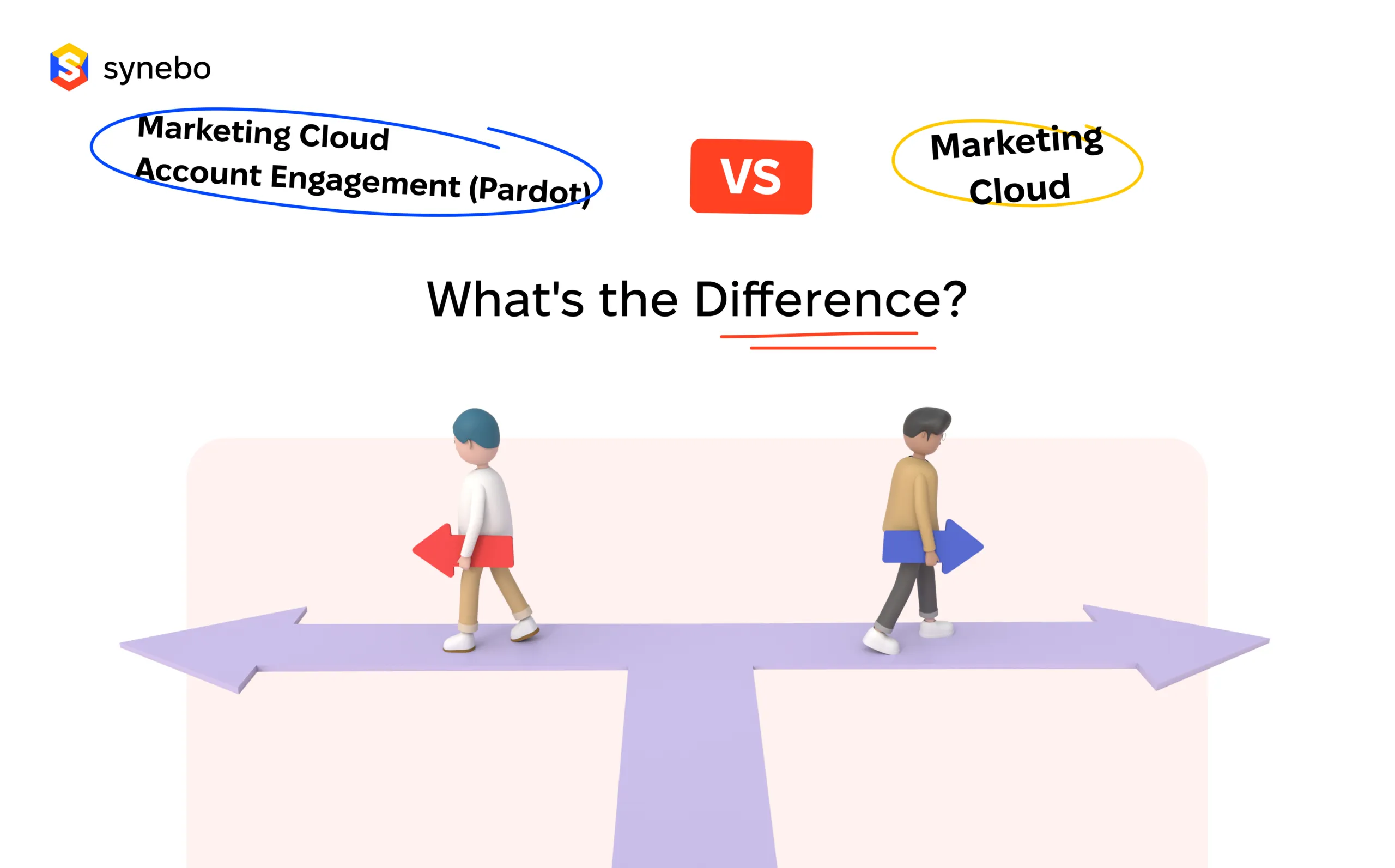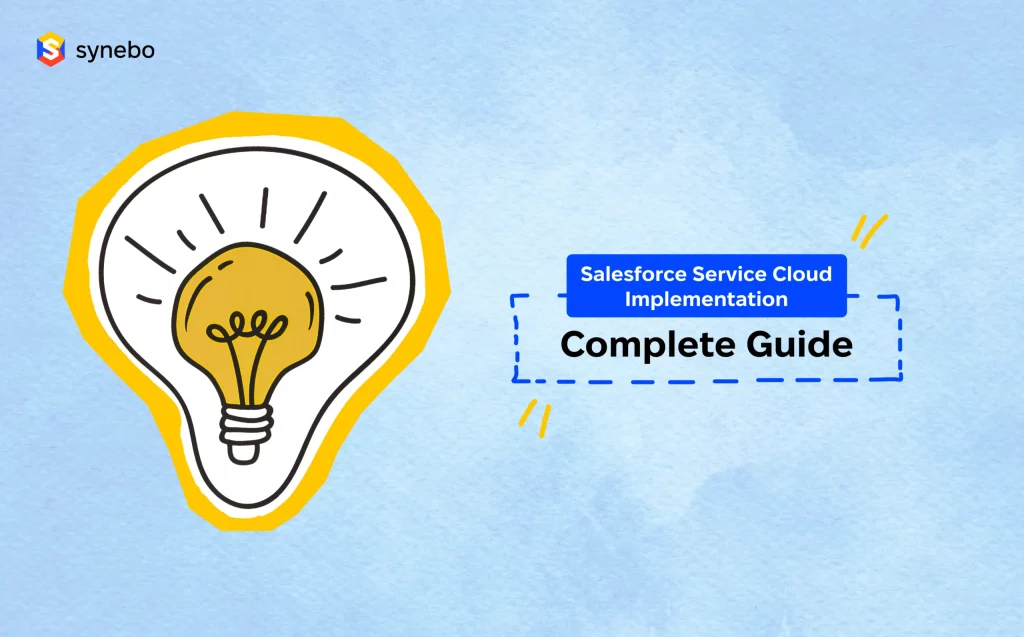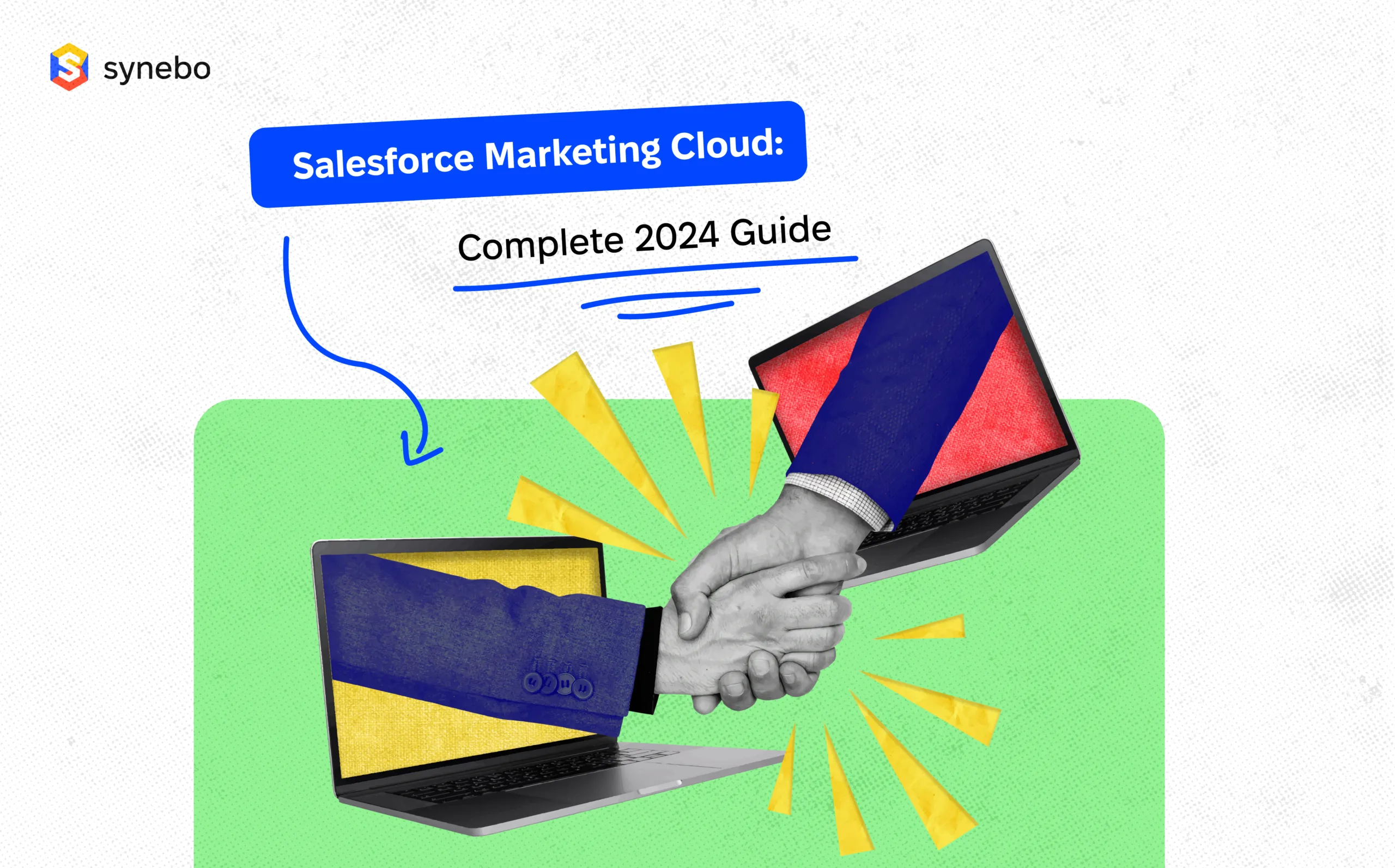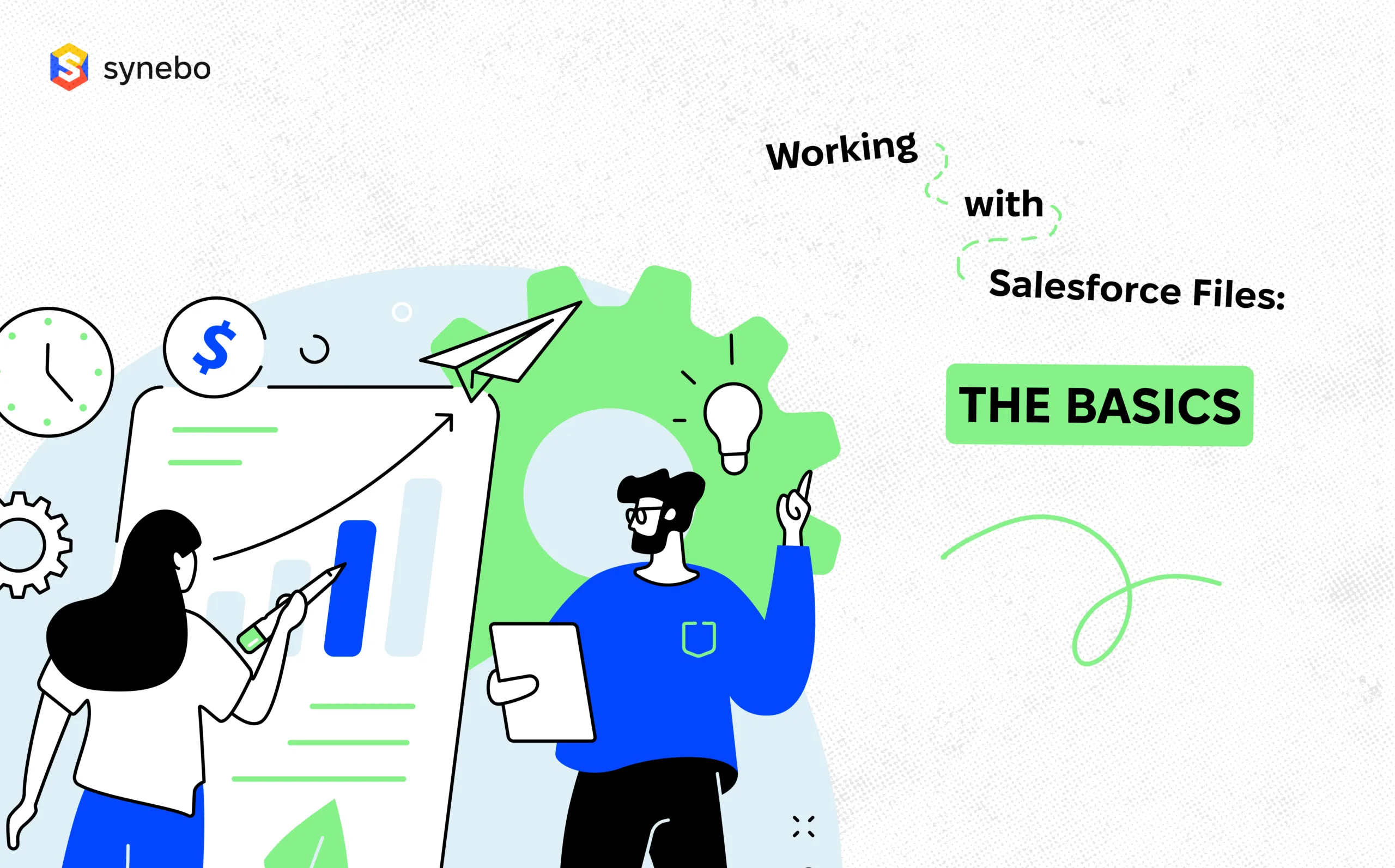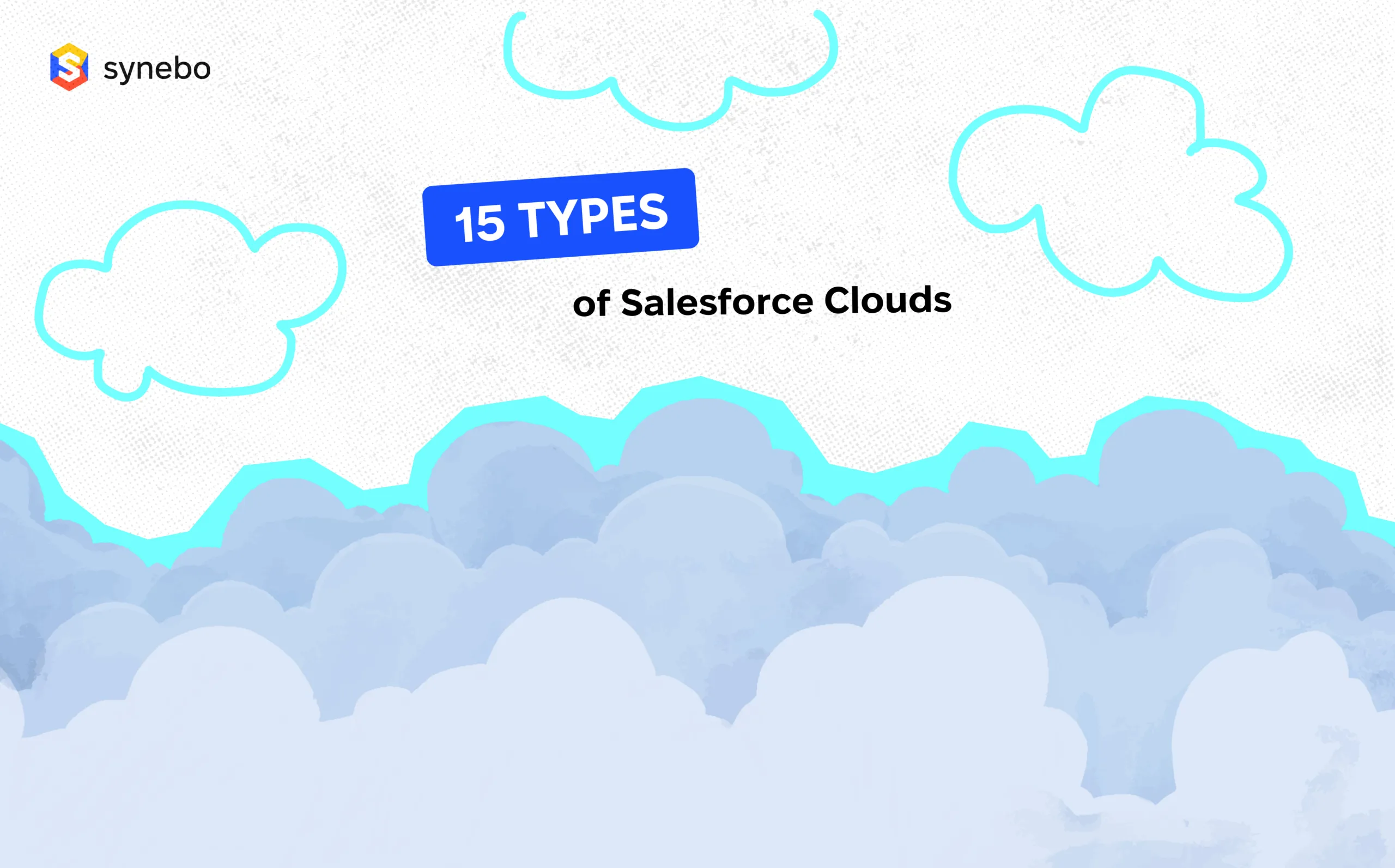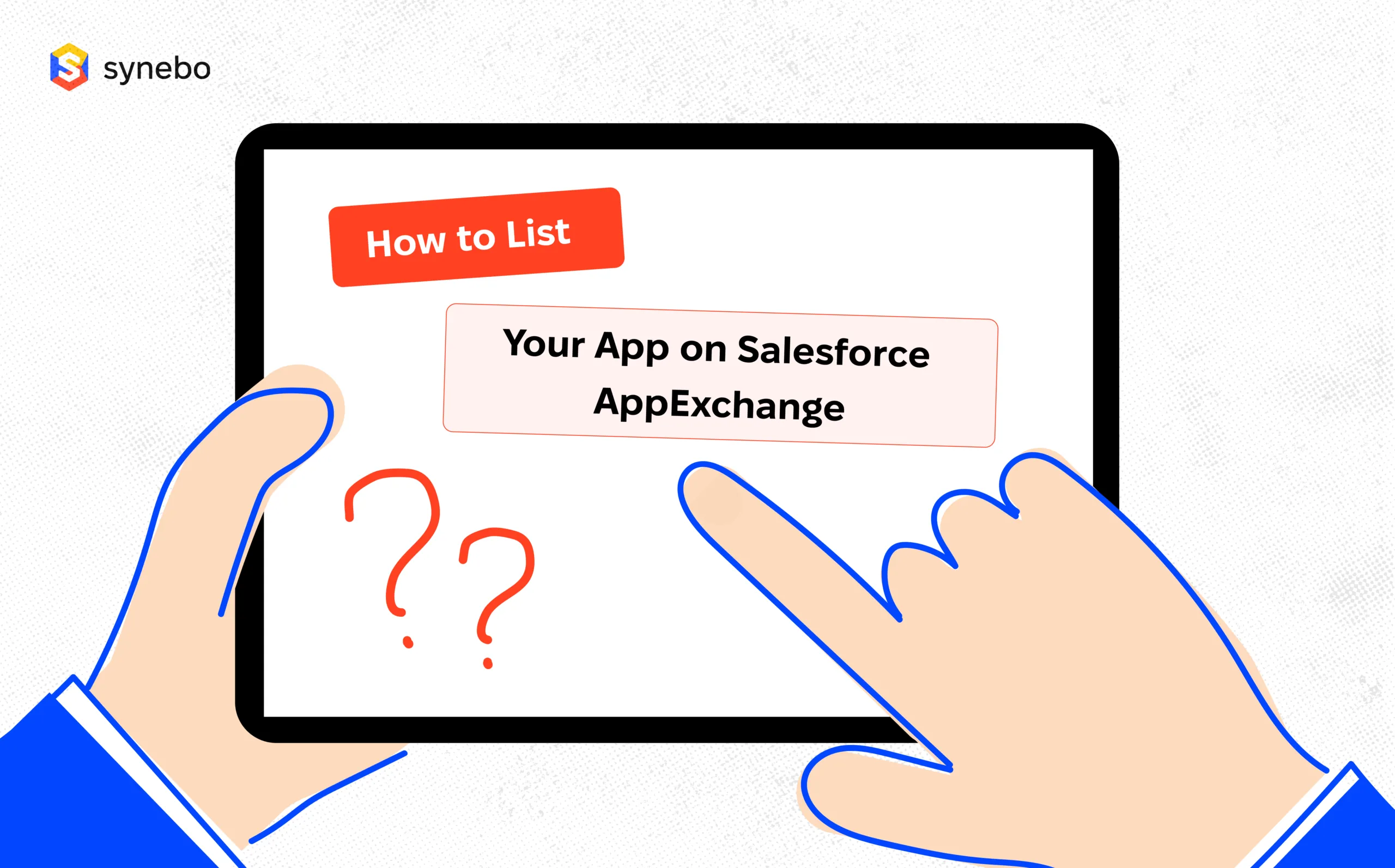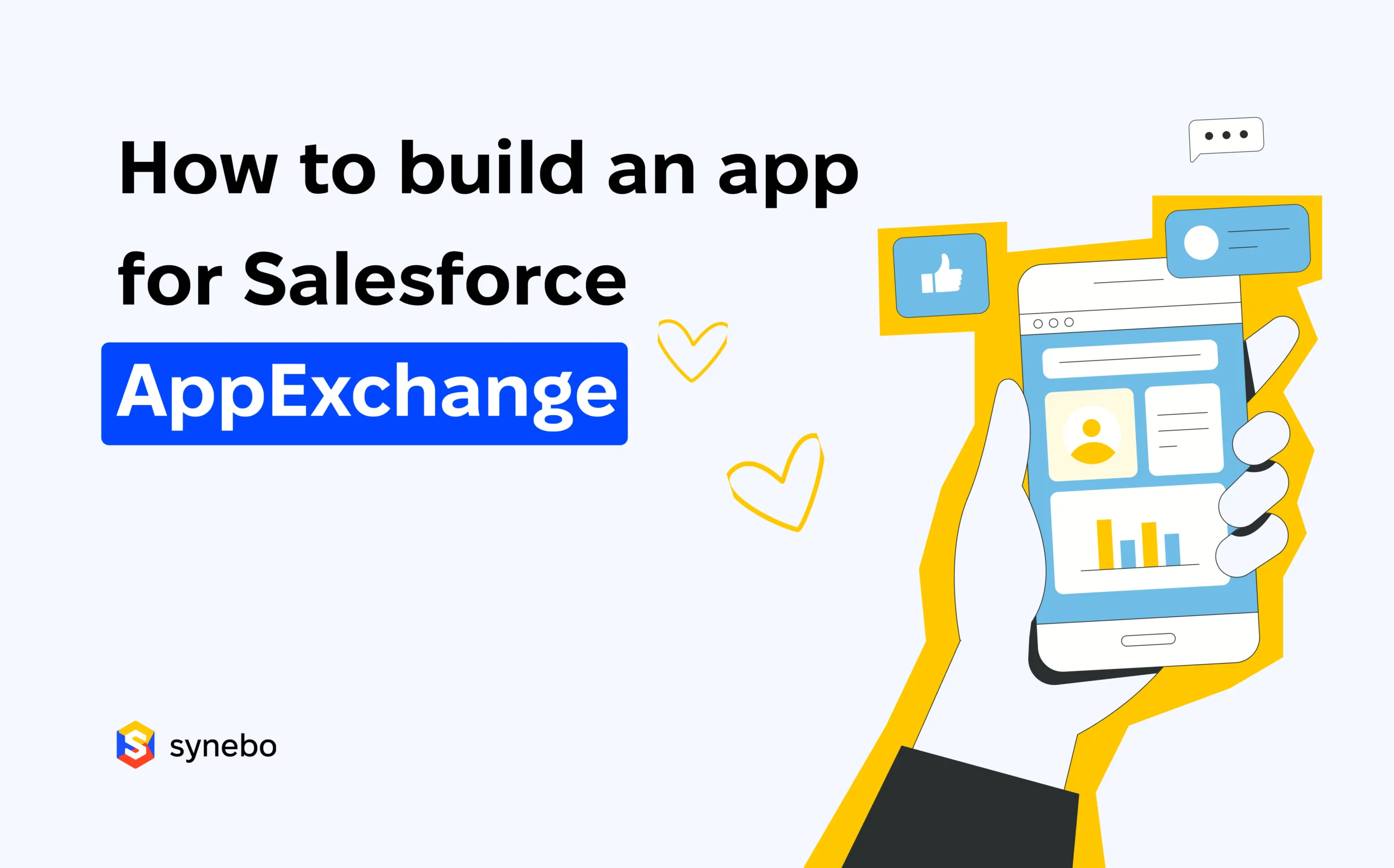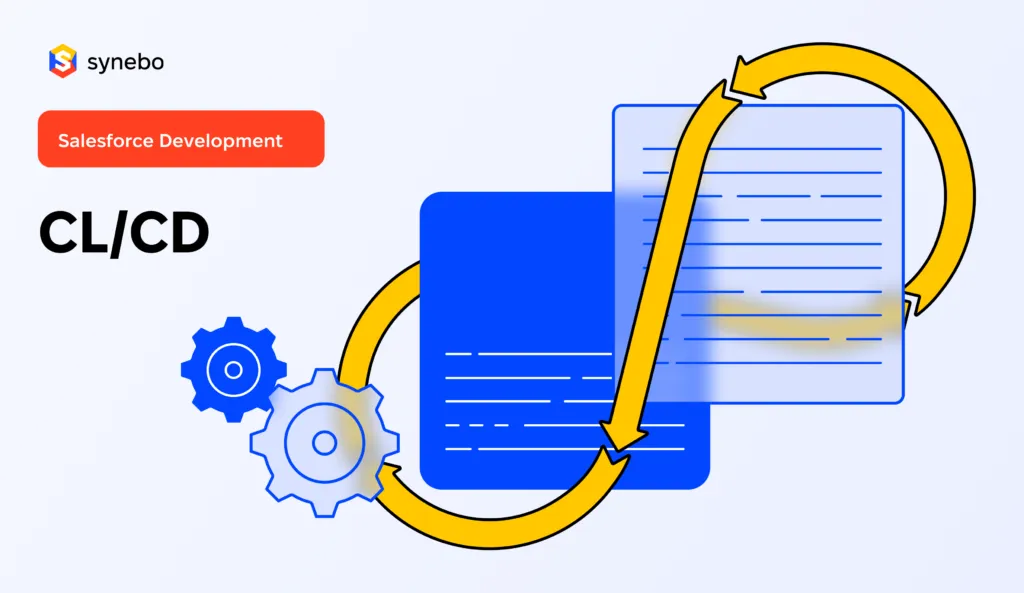Salesforce Sales Cloud vs Salesforce Service Cloud: What’s The Difference?
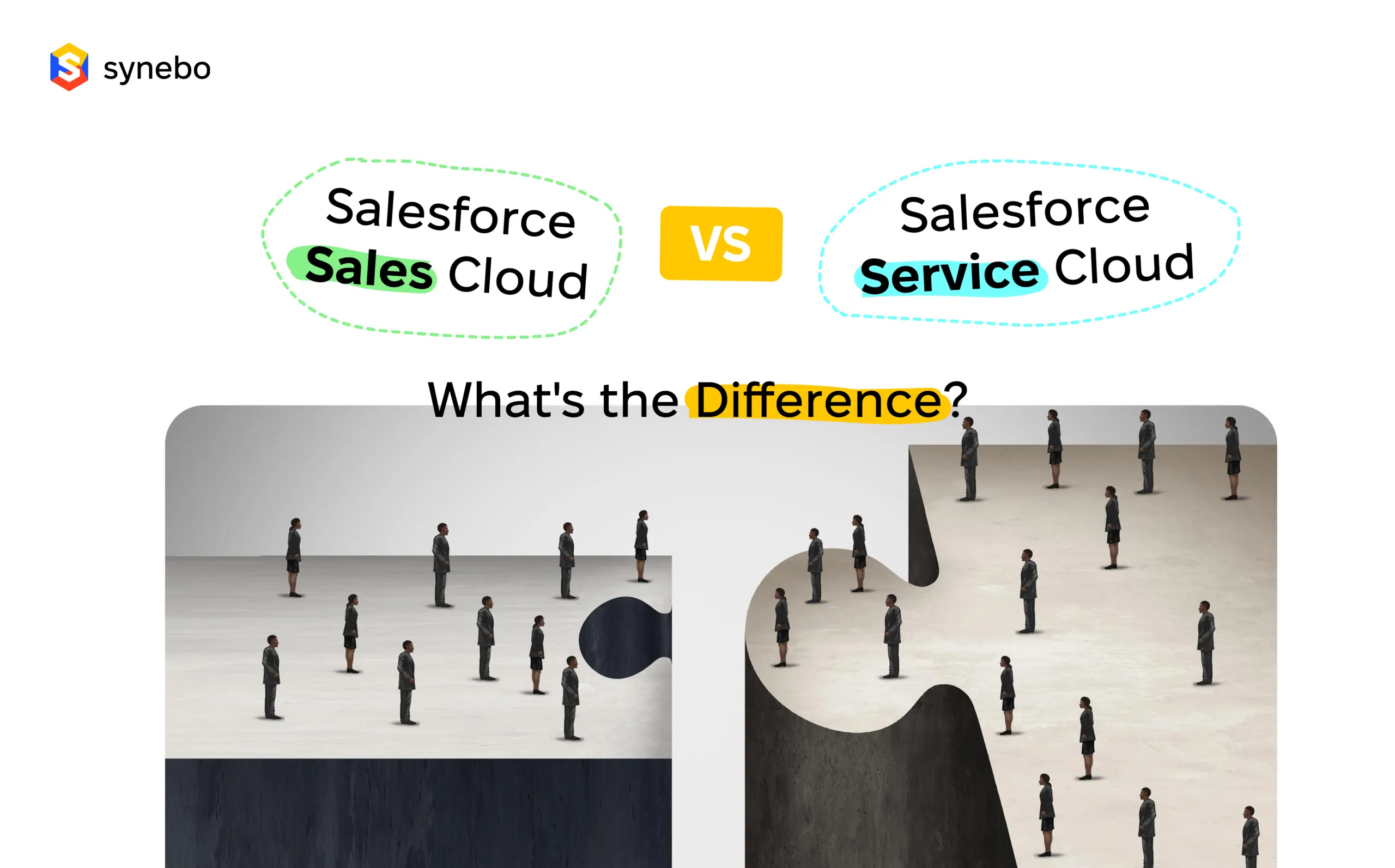
Salesforce Sales Cloud and Service Cloud are premier CRM solutions targeting distinct business functions. Sales Cloud leads the global sales solution market with a 38.3% share, significantly ahead of Microsoft Dynamics 365 Sales at 11.5%. Service Cloud, known for enhancing customer service, is trusted by over 150,000 companies and has boosted customer satisfaction by 34%.
This article will explore the key differences between Sales Cloud and Service Cloud, focusing on their features, benefits, and drawbacks to assist you in making an informed decision for your business.
What’s Salesforce Sales Cloud?
Before delving into the specific use cases, it is important to have a solid understanding of both ChatGPT and Salesforce. ChatGPT is a state-of-the-art language model developed by OpenAI, capable of generating human-like text based on the provided input. On the other hand, Salesforce is a robust CRM platform that enables organizations to effectively manage their customer interactions, sales processes, and marketing efforts.
Integrating ChatGPT and Salesforce merges cutting-edge AI with comprehensive CRM functionalities, transforming how companies interact with their customers and manage sales processes.
Key benefits and functionalities include:
- Automated customer support. ChatGPT provides real-time, automated responses to customer inquiries, reducing the need for manual intervention and improving response times.
- Personalized experiences. Through continuous learning from human feedback, ChatGPT offers increasingly tailored interactions, enhancing the customer service experience.
- Data-Driven insights. Salesforce’s robust data management capabilities, combined with ChatGPT’s AI, offer deep insights into customer preferences and behaviors, aiding in informed decision-making.
- Sales optimization. The integration enables sales teams to receive intelligent recommendations, helping to personalize sales approaches and identify new opportunities based on comprehensive customer data.
- Enhanced collaboration. By streamlining communication and providing shared insights, the integration fosters better teamwork across customer service and sales departments.
- Continuous improvement. ChatGPT’s learning capability ensures that the system evolves to meet specific industry needs, offering businesses a competitive edge in customer interaction and service delivery.
Interested in how AI can enhance CRM? Read our article on the hows, whys, and whats of AI in CRM to transform your business strategy.
Advantages and Disadvantages of Using Salesforce Sales Cloud
Salesforce Sales Cloud enhances sales performance and customer engagement, offering significant benefits. However, potential users must navigate its complexity and costs. Let’s consider both its pros and cons.
So, the advantages of using Salesforce Sales Cloud include:
- Improved sales productivity. Automates manual tasks and streamlines sales processes, allowing sales teams to focus more on selling and building customer relationships.
- Enhanced collaboration. Facilitates better teamwork with a centralized platform for sharing updates and insights, improving efficiency and customer service.
- Better lead conversion. Tracks and manages leads effectively from initial contact to conversion, enabling personalized interactions and timely follow-ups.
- Real-time visibility. Offers insights into sales performance and pipeline in real-time, helping teams address challenges proactively and seize opportunities.
While Salesforce Sales Cloud offers numerous benefits, it’s essential to consider its potential limitations before making a decision. Here are some of the drawbacks to keep in mind:
- Complexity. Features and customization options may present a steep learning curve for new users, necessitating adequate training and support.
- Implementation and customization. Tailoring Sales Cloud to fit specific business processes can require significant time and resources, highlighting the need for expert guidance and careful planning.
- Cost. As a premium CRM solution, the licensing and implementation expenses may be considerable, especially for smaller or budget-conscious businesses. It’s vital for organizations to assess their financial capacity and the potential return on investment before adopting Sales Cloud.
Looking to enhance your CRM strategy? Contact Synebo’s experts for a customized Salesforce Sales and Service Cloud solution that fits your needs.
What’s Salesforce Service Cloud?
Salesforce Service Cloud is designed to provide exceptional customer service and support. It empowers businesses to deliver personalized and efficient customer experiences, resolve issues effectively, and foster long-term customer loyalty. Service Cloud equips customer service teams with the tools and capabilities they need to address customer inquiries and concerns promptly.
But what lies beneath the surface of this powerful customer service solution? Let’s dive deeper into the core features of Salesforce Service Cloud to uncover its true potential.
- Case management. Streamline case handling with automated assignments and intelligent routing, ensuring fast, effective resolutions in Service Cloud.
- Omnichannel support. Provide consistent customer support across email, phone, social media, and live chat with Service Cloud, ensuring accessibility through preferred channels.
- Knowledge base. Empower customers with a comprehensive self-service portal in Service Cloud, containing FAQs and articles for quick, independent problem-solving.
- Service analytics. Utilize Service Cloud’s analytics for monitoring performance and customer satisfaction, driving service improvements with data-driven insights.
Want to revolutionize your marketing efforts? Explore our complete guide to Salesforce Marketing Cloud.
Advantages and Disadvantages of Using Salesforce Service Cloud
Salesforce Sales Cloud is a powerful platform designed to transform sales processes and customer engagement. While it offers significant benefits, businesses must navigate customization and integration challenges to maximize its potential.
Let’s take a closer look at some of the key advantages first:
- Enhanced customer satisfaction. Service Cloud improves customer happiness with personalized, efficient support. Features like self-service and effective case management boost loyalty.
- Streamlined service operations. With automation and workflows, Service Cloud simplifies support processes. It ensures inquiries are quickly and effectively addressed through automatic routing and smart case assignments.
- Real-time collaboration. Service Cloud encourages teamwork across the company. It enables instant sharing, case transfers, and use of collaborative tools, leading to better problem resolution and knowledge sharing.
- Insightful reporting and analytics. Service Cloud offers tools for tracking service performance and customer satisfaction. Businesses can pinpoint improvement areas, assess agent productivity, and use data for strategic decisions.
While Salesforce Service Cloud offers significant advantages, it’s important to consider its limitations.
Now, let’s take a moment to explore some potential disadvantages:
- Customization complexity. Needs expertise for extensive Service Cloud customization. Investment in specialized knowledge is crucial for unique or complex workflows. Proper support can simplify customization.
- Integration challenges. Service Cloud integration with existing systems, particularly legacy ones, can be complex. Seamless integration requires careful planning and expert guidance.
- Cost considerations. The pricing of Salesforce Service Cloud might deter smaller or budget-tight businesses. Yet, the long-term benefits of enhanced customer service and efficiency could justify the cost. Effective budget management and understanding ROI are key.
You might want to explore how the 15 types of Salesforce Clouds can enhance your business by delving into our guide.
Comparing Salesforce Sales Cloud and Salesforce Service Cloud
Each platform is designed with specific functionalities in mind to help businesses optimize either their sales processes or customer service operations. Below, we delve into a detailed comparison of both solutions based on functionality, pricing, and user experience to assist you in making an informed decision that aligns with your business objectives.
You can always reach out to a trusted provider of Salesforce consulting services to address any uncertainty.
Differences in Functionality
Salesforce Sales Cloud is engineered to turbocharge sales efficiency and productivity. It equips businesses with a suite of tools for lead management, opportunity tracking, and sales performance analytics, making it an ideal choice for entities keen on elevating their sales game.
Conversely, Salesforce Service Cloud is centered around providing outstanding customer service. With features like case management, knowledge base integration, and omni-channel support, it’s tailored for organizations striving to deliver superior customer experiences and foster long-lasting relationships.
Each platform has its own set of benefits designed for specific business goals. Here’s a quick summary highlighting the main purpose and key features of Salesforce Sales Cloud and Salesforce Service Cloud.
| Feature | Salesforce Sales Cloud | Salesforce Service Cloud |
| Primary Focus | Sales management and optimization | Customer service excellence |
| Key Features | Lead management, opportunity tracking, sales analytics | Case management, knowledge base, omni-channel support |
| Ideal For | Businesses focused on increasing sales | Organizations prioritizing customer support and service |
Pricing Comparison
Both Salesforce Sales Cloud and Salesforce Service Cloud operate on a subscription-based pricing model, with costs varying based on the number of users, desired features, and any additional customizations.
For a detailed and tailored pricing plan that fits your business’s specific requirements and budget, consulting with a Salesforce implementation partner or representative is highly recommended. They can offer valuable insights into various pricing tiers and possible discounts to ensure your Salesforce investment is as beneficial as possible.
But for now, let’s look at the key pricing aspects to consider:
| Aspect | Salesforce Sales Cloud | Salesforce Service Cloud |
| Designed For | Sales professionals | Customer service representatives |
| Focus | Streamlining sales processes, pipeline and performance management | Efficient case management, collaboration, and access to knowledge |
| Customization | Customizable dashboards and reports for sales tracking | Customizable tools for prioritizing and resolving customer inquiries |
You may be additionally interested to learn about the differences between B2B and B2C in Commerce Cloud.
Salesforce Sales Cloud vs Salesforce Service Cloud: What to Choose?
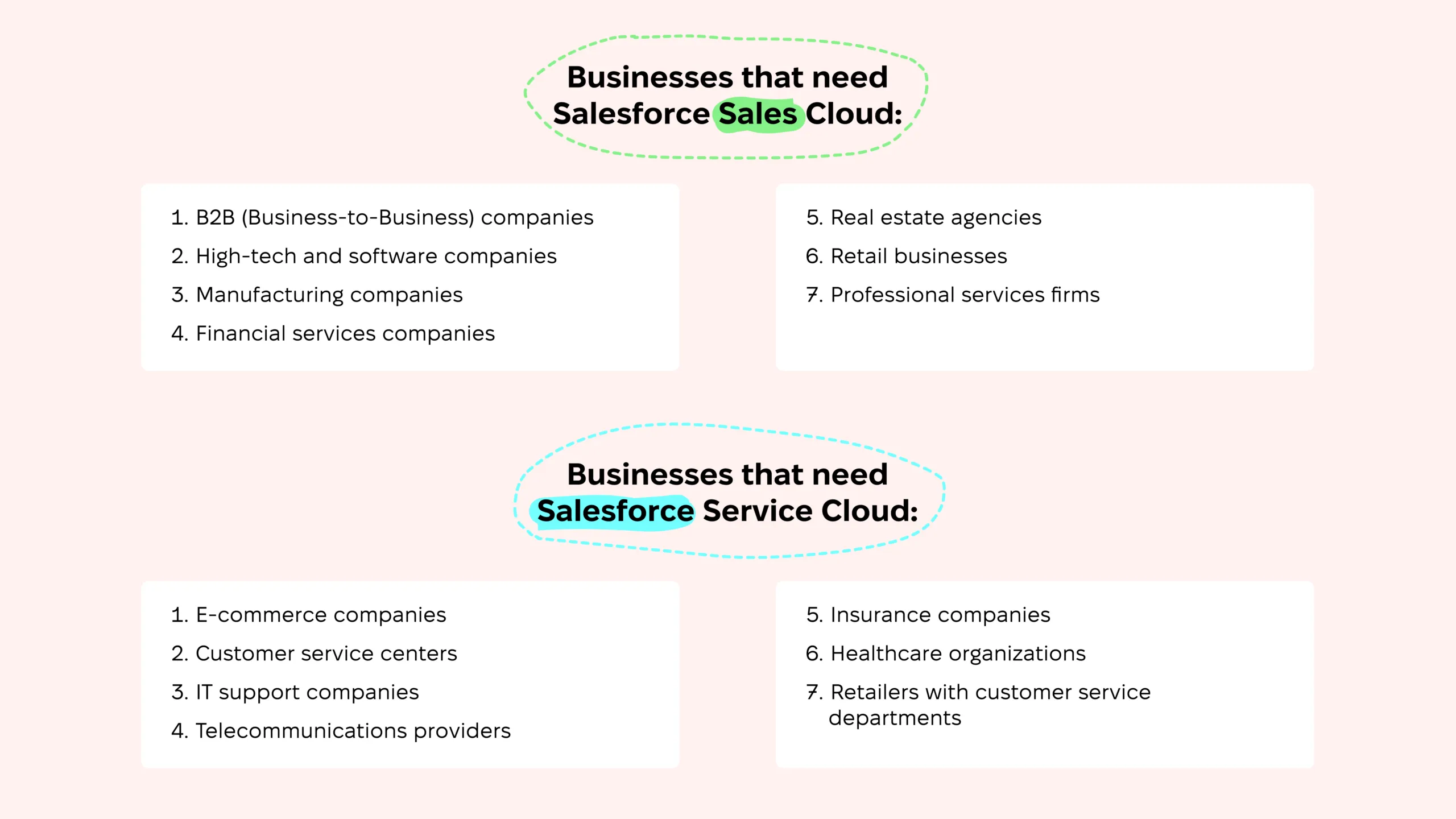
When deciding between Salesforce Sales Cloud and Salesforce Service Cloud, the choice boils down to understanding the core needs and goals of your business. This decision impacts how you manage customer relationships, sales processes, and support functions. Below, we break down the decision-making process into clear steps to help you choose the solution that best fits your business requirements.
#1 Assessing Your Business Needs and Objectives
- Focus area. Choose Salesforce Sales Cloud for sales productivity, opportunity management, and revenue growth, ideal for streamlining sales activities. Opt for Salesforce Service Cloud to prioritize exceptional customer service and support, aiming to enhance service operations and customer satisfaction.
- Integration Requirements. Check the compatibility of your current systems with Salesforce Sales or Service Cloud. Ensure seamless integration is achievable without disrupting operations.
- Customization and Flexibility. Both platforms allow extensive customization. Evaluate your need for customization against the complexity and resource investment required to ensure alignment with your business processes.
#2 Engaging with Stakeholders and Teams
- Collaborate with teams. Incorporate insights from stakeholders and teams to identify essential CRM features and functionalities based on real-world needs.
- Scalability. Choose a CRM that scales with your business, supporting user and feature expansion as your needs evolve.
#3 Making the Final Decision
- Evaluate solutions. Decide between Salesforce Sales Cloud and Salesforce Service Cloud by assessing their features, advantages, constraints, and costs in relation to your business needs and objectives.
- Explore AppExchange. Utilize the Salesforce AppExchange to find third-party apps and integrations that enhance the chosen solution’s capabilities and customization options.
Curious about enhancing your Salesforce journey? Delve into our article to define Salesforce PDO and uncover how a Product Development Outsourcer can help you.
Final Take
Sales Cloud boosts sales by improving processes and lead management, ideal for businesses aiming to enhance sales. Service Cloud enhances customer service with effective case management, perfect for organizations focused on customer satisfaction and loyalty.
Choosing between them depends on whether you value sales growth or customer service more. Consider customization, integration, and costs before deciding. Consulting with Salesforce experts like Synebo ensures a tailored solution and smooth transition to the right Salesforce platform.










